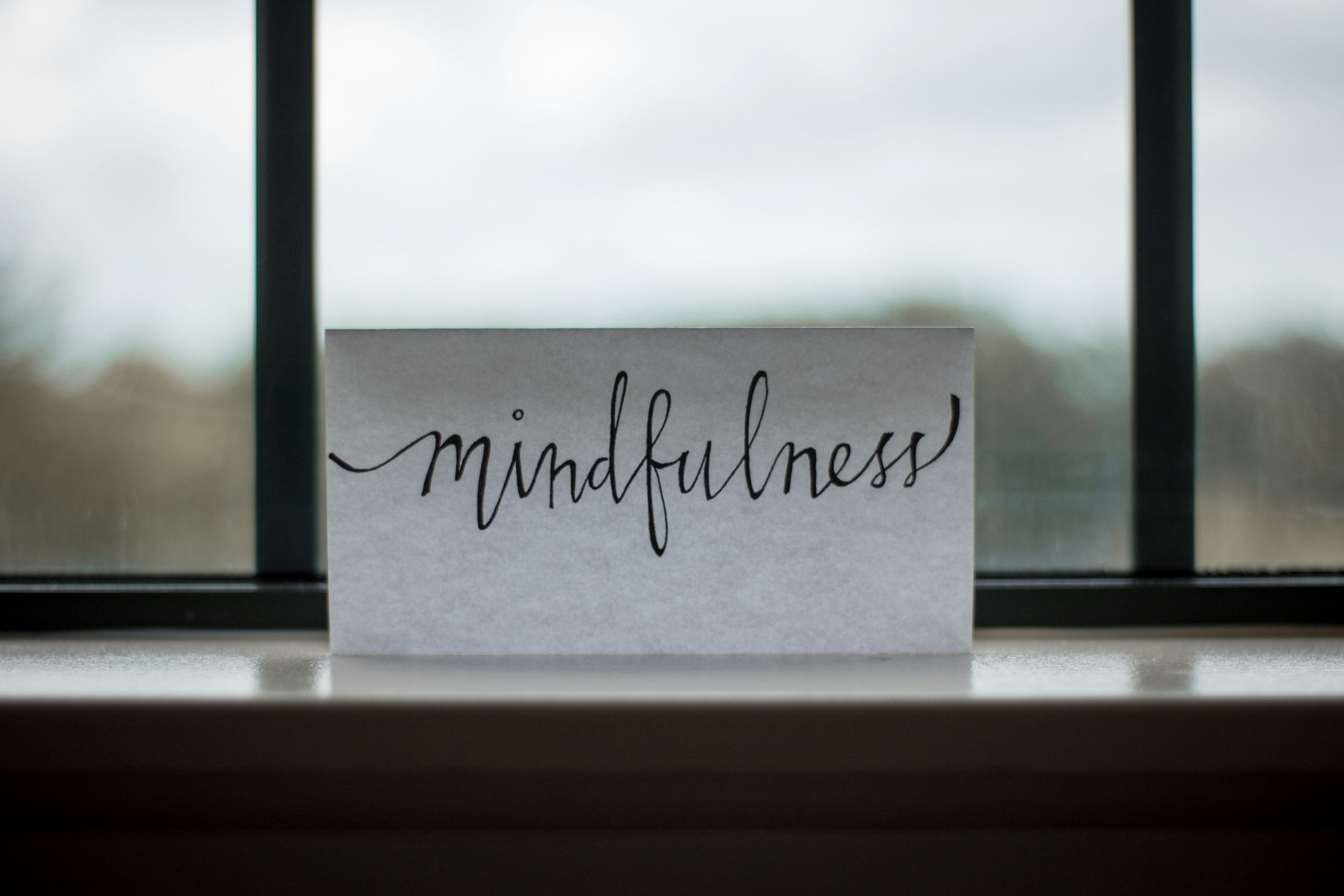Setting Better Boundaries: A Guide for Chronic People Pleasers
Setting boundaries is a crucial step in the journey of personal growth, especially for chronic people pleasers. Boundaries help protect your emotional, physical, and mental well-being by defining what is acceptable and unacceptable behavior from others. This follow-up to our inner child work blog post will guide you on how to set better boundaries, what to expect when you start enforcing them, and how to manage situations when others disrespect your boundaries.
Understanding Boundaries
Boundaries are limits we set to protect ourselves. They help us maintain our identity, space, and well-being. There are five main types of boundaries:
Physical Boundaries: These involve your personal space, privacy, and body.
Emotional Boundaries: These relate to your feelings, beliefs, and values.
Time Boundaries: These help you manage your time and prioritize tasks.
Personal Boundaries: These involve your thoughts, self-esteem, and individuality.
Financial Boundaries: These relate to money, financial decisions, and obligations.
How to Set Better Boundaries
1. Identify Your Needs
Start by understanding what you need to feel safe and respected. Reflect on situations where you felt uncomfortable or taken advantage of.
2. Communicate Clearly
When setting a boundary, be clear and direct. Use "I" statements to express how you feel and what you need. For example, "I need some time alone after work to unwind."
3. Be Consistent
Consistency is key. Enforce your boundaries regularly to ensure they are respected. Inconsistency can send mixed signals and weaken your boundaries.
4. Practice Self-Care
Setting boundaries is an act of self-care. Prioritize your well-being by honoring your limits and taking time for yourself.
What to Expect When You Start Setting Boundaries
Respect and Acceptance
Some people will respect your boundaries and appreciate your honesty. These individuals value your well-being and understand the importance of boundaries.
Resistance and Disrespect
Unfortunately, not everyone will respect your boundaries. Some may react negatively, try to test your limits, or ignore your requests altogether. It's important to be prepared for these reactions and have a plan to manage them.
Managing Disrespectful Reactions
Stay Firm
If someone disrespects your boundary, calmly reiterate it. For example, "I understand you're upset, but I need you to respect my decision."
Set Consequences
Communicate the consequences of not respecting your boundaries. For example, "If you continue to call me late at night, I will have to block your number."
Seek Support
Reach out to friends, family, or a therapist for support. They can provide guidance and help you navigate challenging situations.
The Journey to Stronger Boundaries
Setting and maintaining boundaries takes time and practice. It's not something that happens overnight, but with patience and persistence, you can develop strong boundaries that protect your well-being.
Key Points to Remember:
Start Small: Begin by setting boundaries in less challenging areas and gradually move to more difficult ones.
Be Patient: Understand that change takes time, and it's okay to make mistakes along the way.
Celebrate Progress: Acknowledge and celebrate your successes, no matter how small.
By setting better boundaries, you can create healthier relationships, reduce stress, and improve your overall well-being. Remember, boundaries are a form of self-respect and self-care, and you deserve to be treated with respect and kindness.
If you are seeking therapy to start setting boundaries and feel better, please feel free to use my contact form for a free consultation.

